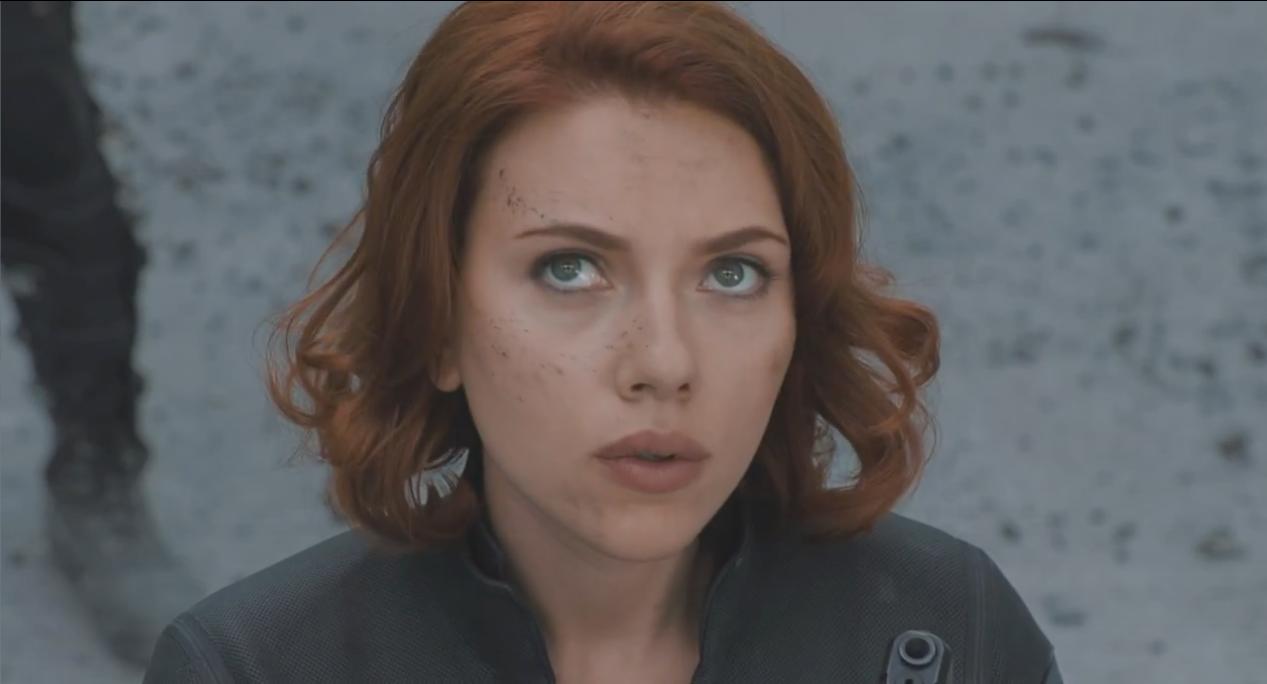In terms of explaining fandom, and especially fanworks, to outsiders, 2012 hasn’t exactly been a banner year. Gawker and Jezebel—and, briefly, io9, though they ended the feature and apologized for it—have mocked fanfiction and by extension those who write it. The self-insert One Direction one young fan is writing is going to be turned into a book.
And, of course, there was 50 Shades of Grey.
I’m not going to touch on the fact that it is a smutty novel, because one of the positives of fandom, at least in some areas, is that it provides a safe and healthy environment for learning about sex, sexuality, kinks, and so forth. There are plenty of people who read and write fanfiction, at least in part, because of the openness about sex and generally sex-positive culture that fandom often has.
However, generally speaking, I can’t think of anyone who reads fanfiction for bad writing, dangerous mispresentations of BDSM culture (link is to a not very safe for work video), and outdated and misogynistic narratives about just sticking with the bad boy because your love will make him change. Certainly, those are not reasons I would give my mother if I were attempting—again—to make her understand why I’ve been doing this for so many years.
Instead, I would talk to her about the things that transformative works can do, how they can reinterpret the original material, make it relevant (or even just more relevant) to a different audience, flesh out secondary and tertiary characters, and explore the dynamics of putting characters in different settings.
In short, I would talk to her about all the things The Lizzie Bennet Diaries is doing.

 I read a lot—at least by any average person’s standards. Sure, there are plenty of people in fandom who can put me to shame, but I showed Brian my pinboard a while ago, and he commented that I’d read more fic in the past year than he’s read in his life—and that was just the fic. And I read everything from modern literary fiction to fanfiction.
I read a lot—at least by any average person’s standards. Sure, there are plenty of people in fandom who can put me to shame, but I showed Brian my pinboard a while ago, and he commented that I’d read more fic in the past year than he’s read in his life—and that was just the fic. And I read everything from modern literary fiction to fanfiction. There’s a scene in The Avengers where Black Widow is fighting Hawkeye. He’s being mindcontrolled by Loki and is trying to kill her; she just wants to incapacitate him. A few minutes before this fight scene, she hurt her ankle and was visibly limping when she was fleeing the Hulk. She volunteered to go after Hawkeye, despite being understandably shaken by her encounter, and the fact that she and Hawkeye clearly have an emotional bond.
There’s a scene in The Avengers where Black Widow is fighting Hawkeye. He’s being mindcontrolled by Loki and is trying to kill her; she just wants to incapacitate him. A few minutes before this fight scene, she hurt her ankle and was visibly limping when she was fleeing the Hulk. She volunteered to go after Hawkeye, despite being understandably shaken by her encounter, and the fact that she and Hawkeye clearly have an emotional bond. (In England, anyway.)
(In England, anyway.)